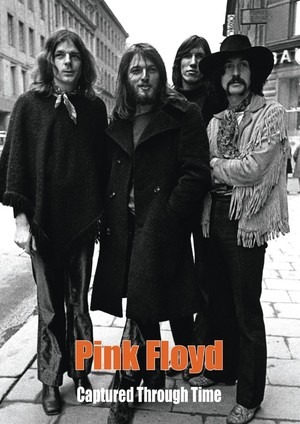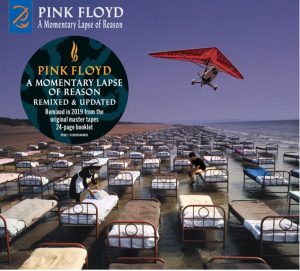 Pink Floyd have announced that they will release a remixed and updated A Momentary Lapse Of Reason through PLG on October 29.
Pink Floyd have announced that they will release a remixed and updated A Momentary Lapse Of Reason through PLG on October 29.
The new version of the band’s 1987 album which saw Gilmour helm the band in the wake of Roger Waters’ departure, it has been remixed and updated from the original 1987 master tapes for The Later Years by Andy Jackson with David Gilmour, assisted by Damon Iddins, the album will be available on Vinyl, CD, DVD, Blu-ray and digitally with Stereo and 5.1 mixes.
In addition, for the first time, the album will be presented in 360 Reality Audio, a new immersive music experience that closely mimics the omni-directional soundscape of live musical performance for the listener using Sony’s object-based 360 Spatial Sound technologies. A Momentary Lapse Of Reasonwill also be released in Dolby Audio and UHD in addition to 360 Reality Audio, all of which will continue with other Pink Floyd releases.
“Some years after we had recorded the album, we came to the conclusion that we should update it to make it more timeless, featuring more of the traditional instruments that we liked and that we were more used to playing,” explains David Gilmour. “This was something we thought it would benefit from. We also looked for and found some previously unused keyboard parts of Rick’s which helped us to come up with a new vibe, a new feeling for the album.”
“Initially it seemed a bit odd to start re-assembling a record after 35 odd years, but the public’s appetite for alternate views of the same work has undoubtedly increased immeasurably over time,” adds Nick Mason. “I enjoyed re-recording drum tracks with unlimited studio time. Momentary Lapsehad been recorded under considerable stress and time constraints, and indeed some of the final mixing was done at the same time as rehearsals for the forthcoming tour. It was also nice to have an opportunity to enhance some of Rick’s work. Again, that positive tidal wave of technology just might have provided too many digital opportunities to overwhelm the band feel. Hopefully, that’s one of the benefits of this remix!”
“Bob Ezrin had worked on The Wall with us back in ’79 and on some solo albums with me,” Gilmour continues. “I learnt a lot from Bob and he’s a valuable person to have on board. We started working on pieces of music that I had been writing and, come Christmas, we knew it was going well. One day, I felt this ‘thing’ coming on me that became Sorrow. I wrote five verses one evening. They just flowed out from nowhere in one of those great serendipitous moments that you recognise later as having been very valuable… I knew that we were on a good roll and that this thing was going to work.”
The new version also features new artwork from Aubrey ‘Po’ Powell.
“I was looking to update the iconic five hundred beds picture my partner in Hipgnosis, Storm Thorgerson, had designed,” he explains. “On looking through the archives I discovered a version where the sea was encroaching on the set, just before Storm shut down the shot worried he would lose all the beds. I also wanted to make something more of the microlight. There were no shots of the plane in close up, so I hunted one down that was similar but white, and had Peter Curzon retouch the fuselage with the right colouring – red – then strip the microlight into the picture in an upfront position. David Gilmour and Nick Mason gave their approval and, voila, a fresh approach to an original favourite”.
The album will be available as single CD, CD +DVD set, CD + Blu-Ray set, 2x 180gm LP set, the latter cut at half-speed at 45rpm for enhanced sound quality, with pre-orders from 2 September. A special version of the video Learning To Fly will be available simultaneously with Sony 360RA immersive audio: if you watch the video on YouTube with headphones you experience simulated 360RA sound.
A Momentary Lapse Of Reason 360 Reality Audio, Dolby Audio and UHD versions will be available via multiple Digital Service Providers on 19 October. All physical formats will be available on 29 October.
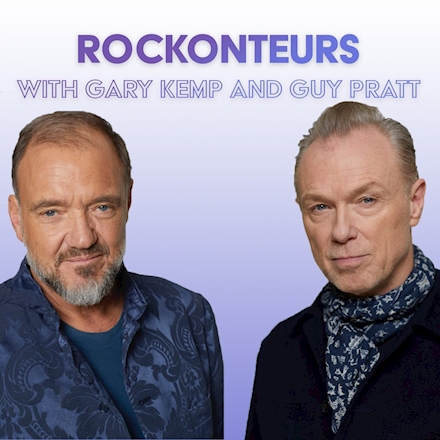 Rockonteurs is a podcast all about the real stories behind real music.
Rockonteurs is a podcast all about the real stories behind real music.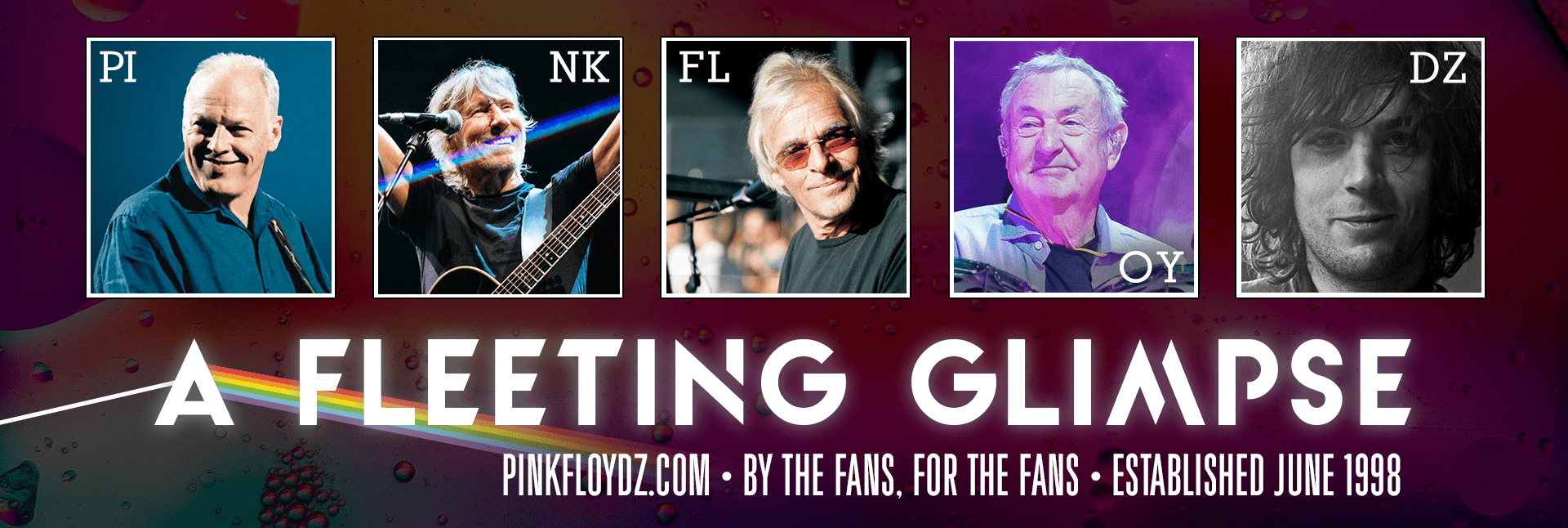
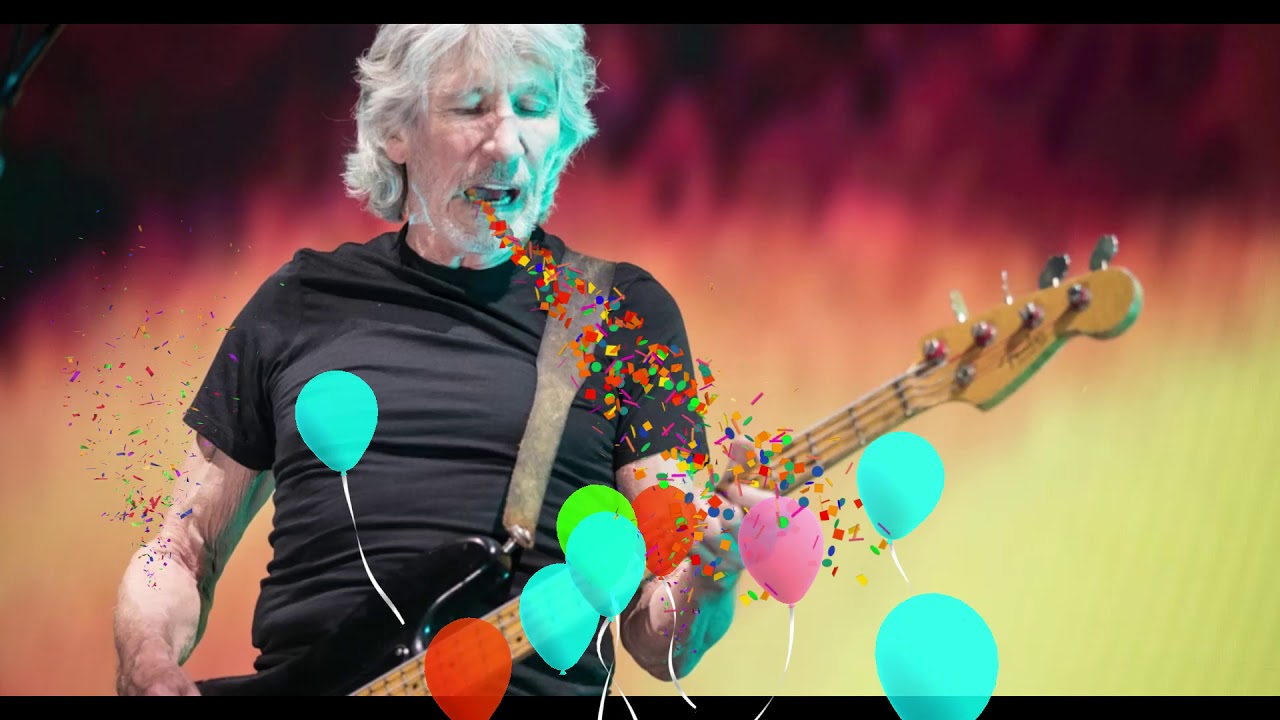 Happy 78th Birthday to Roger Waters, Born September 6, 1943
Happy 78th Birthday to Roger Waters, Born September 6, 1943 Pink Floyd have announced that they will release a remixed and updated A Momentary Lapse Of Reason through PLG on October 29.
Pink Floyd have announced that they will release a remixed and updated A Momentary Lapse Of Reason through PLG on October 29.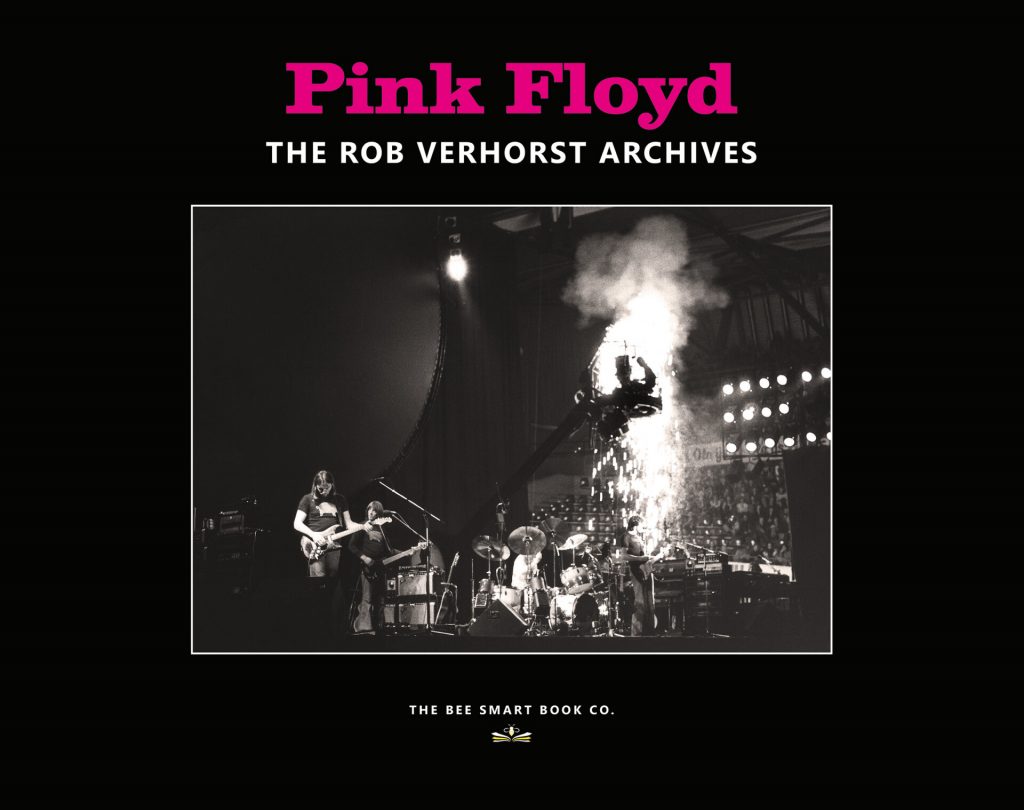 Rob Verhorst’s career spans well over four decades. David Gilmour, Roger Waters, Rick Wright and Nick Mason have been a common thread in his working years. The gentlemen of Pink Floyd, as a group but later also solo, often appear before the lens of the Rotterdam (pop) photographer. A first encounter in Sportpaleis Ahoy’ in Rotterdam in 1977 makes Verhorst decide to combine his two passions – photography and music – and to make it his profession. His picture of a deflated pig in Ahoy’ also inadvertently reveals a unique way of working. Verhorst not only goes for the big picture, but knows – like no other – how to capture details that only someone with an eye for detail and a strong urge for perfection can capture.
Rob Verhorst’s career spans well over four decades. David Gilmour, Roger Waters, Rick Wright and Nick Mason have been a common thread in his working years. The gentlemen of Pink Floyd, as a group but later also solo, often appear before the lens of the Rotterdam (pop) photographer. A first encounter in Sportpaleis Ahoy’ in Rotterdam in 1977 makes Verhorst decide to combine his two passions – photography and music – and to make it his profession. His picture of a deflated pig in Ahoy’ also inadvertently reveals a unique way of working. Verhorst not only goes for the big picture, but knows – like no other – how to capture details that only someone with an eye for detail and a strong urge for perfection can capture.